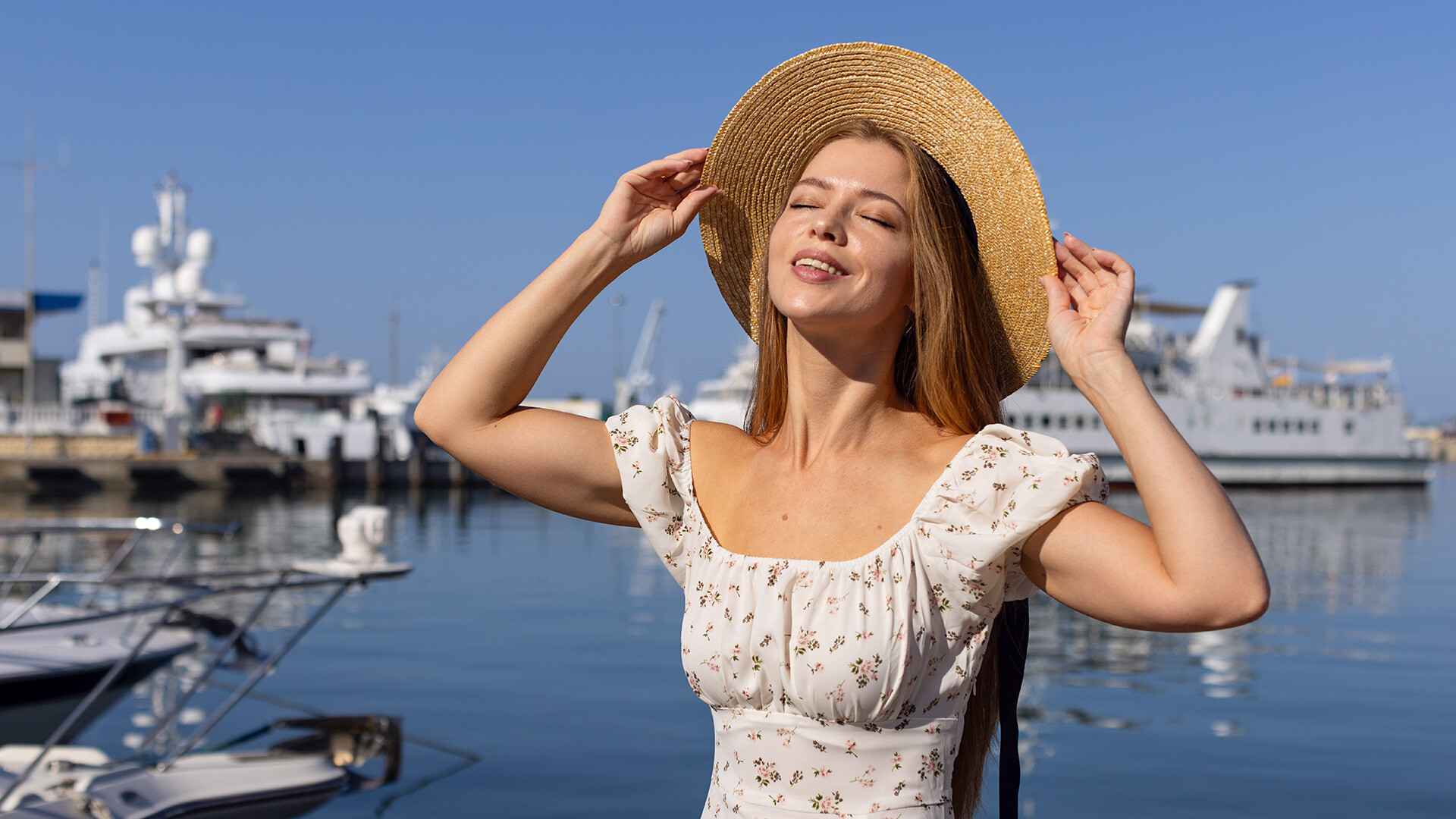
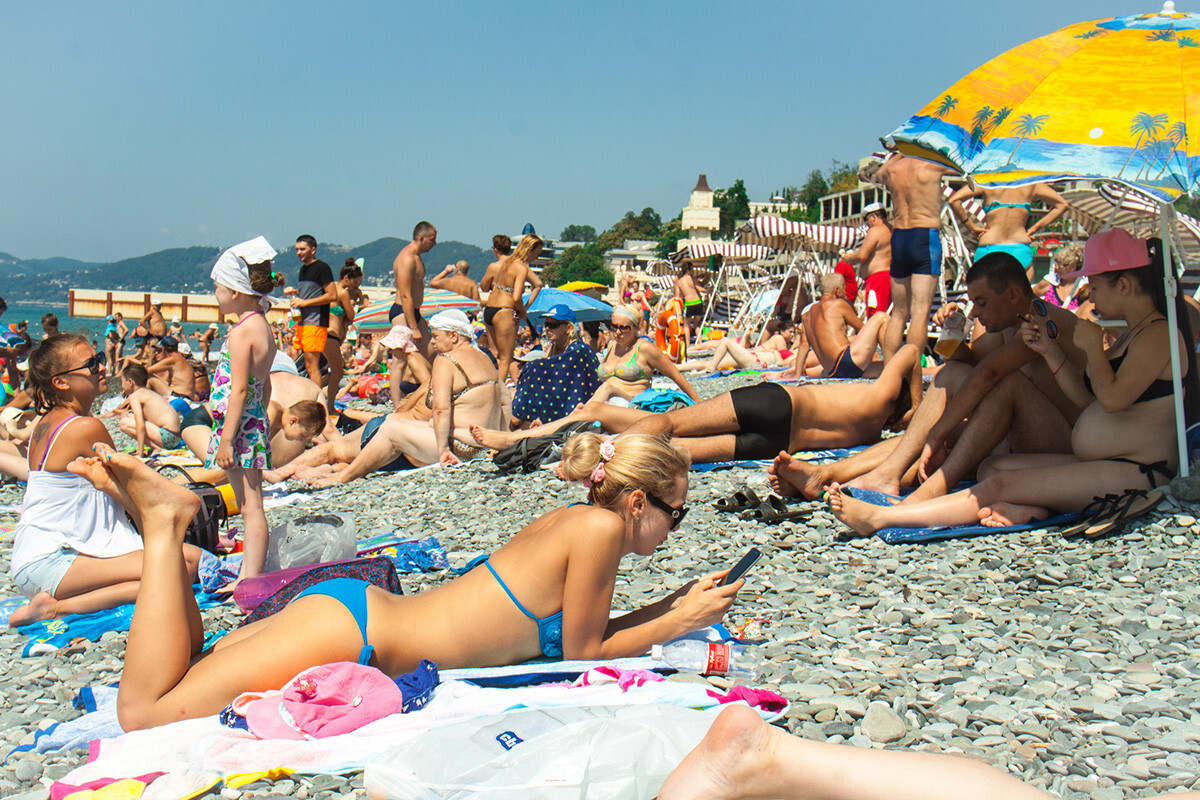
The Black Sea resorts are located in the subtropics. Sochi is one of the hottest cities in Russia: the average annual temperature is above +14°C/+57°F and the climate is mild, without fluctuations. In winter, it's usually around +10°C (+50°F), in summer +30°C (+86°F).
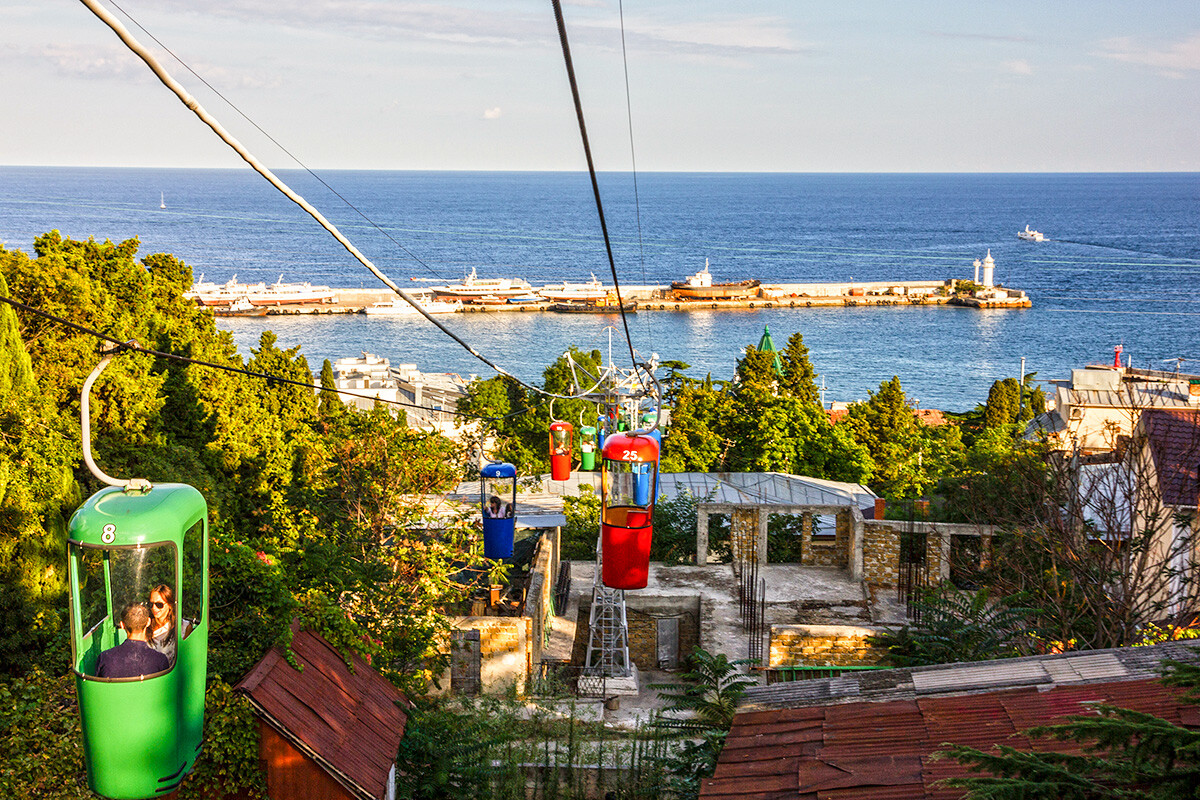
It is also warm in Crimea in both winter and summer. One of the most famous resort towns is Yalta. The average annual temperature is like in Sochi. In winter, it's usually rainy and foggy, while any snow that has fallen melts quickly.
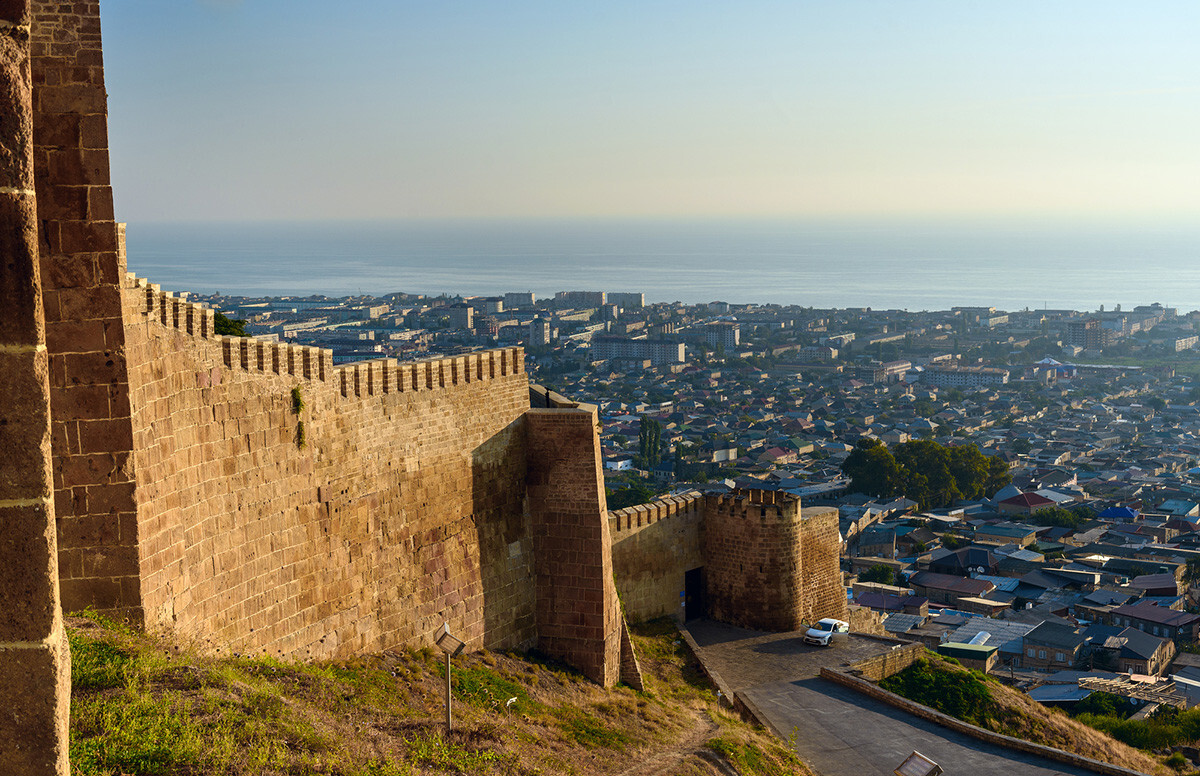
One of the oldest cities in Russia is located on the shore of the Caspian Sea. Winters are usually warm, but summers are often above +35°C (+95°F).
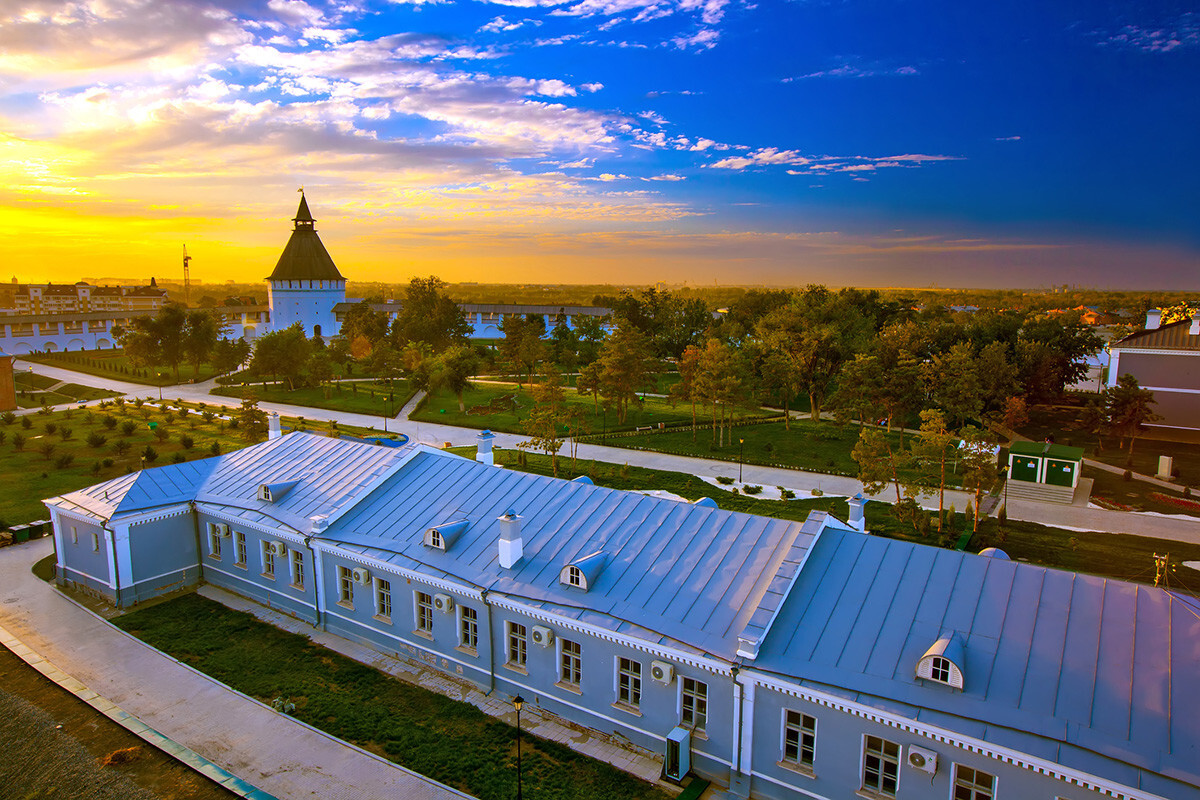
This southern city on the Volga River has a continental climate. In winter, it can drop to -20°C (-4°F) for a few days, then everything melts and, the next day, it's below zero again and icy. In summer, the heat is around +30°C (+86°F), often with strong winds.
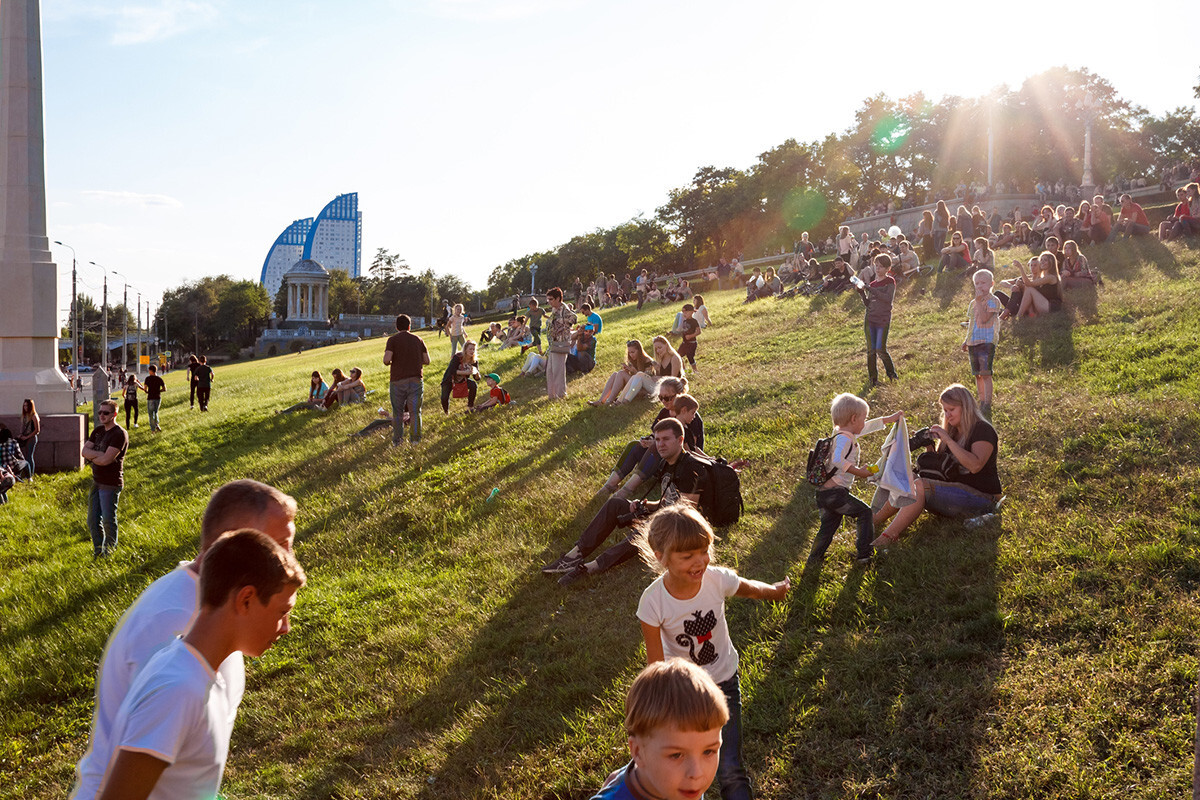
The climate in Volgograd is similar to that of Astrakhan: hot in summer and freezing in winter. In 1940, a temperature of +42.6°C (+109°F) was recorded. The minimum temperature in Volgograd that same year was a frosty -33°C (-27.4°F).
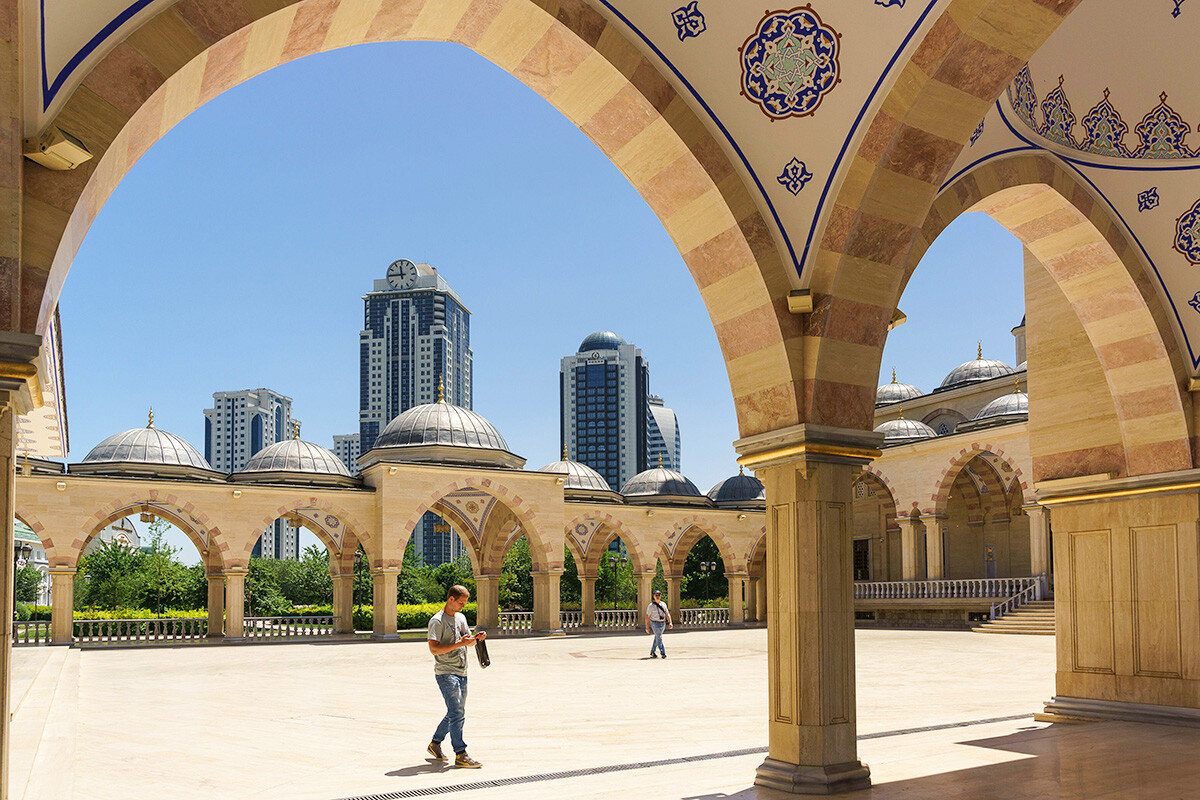
Summers in the Chechen capital are very hot and dry, often exceeding +35°C (95°F). In winter, however, temperatures fall just below freezing, but the winds make it seem much colder.
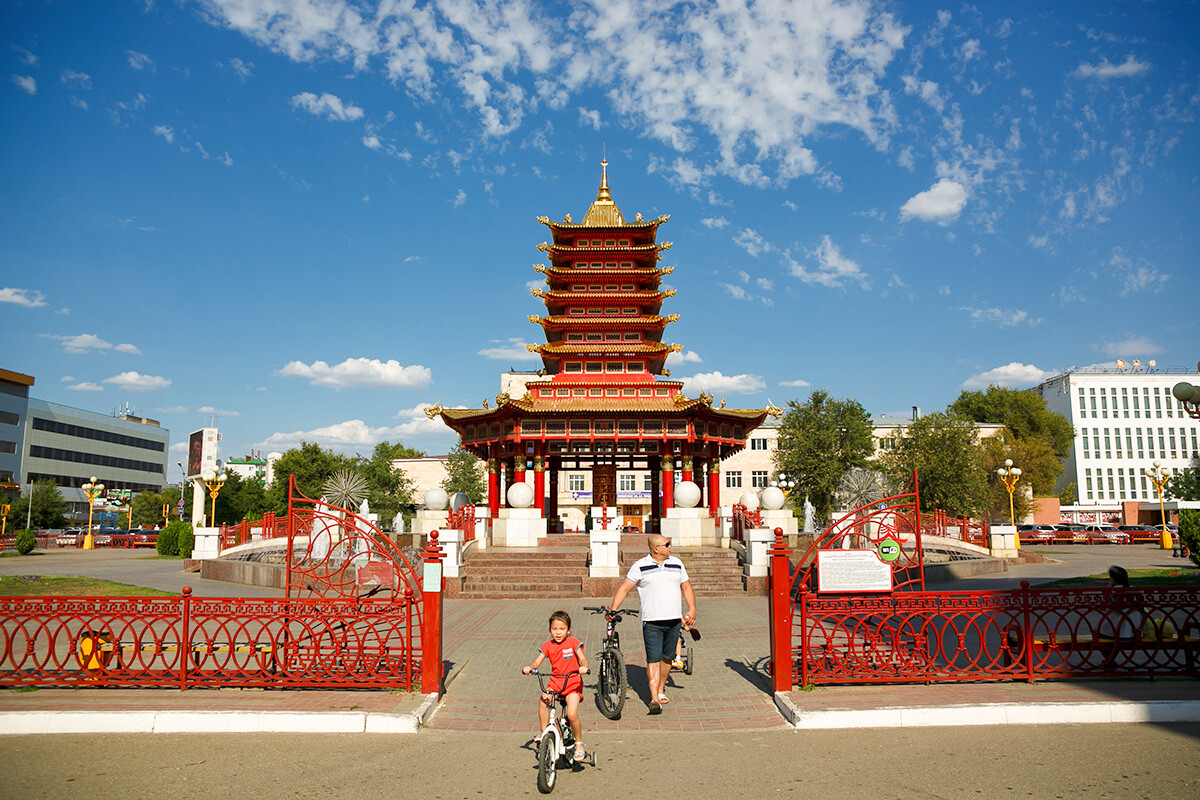
Kalmykia's capital city sees temperatures rise above +40°C (104°F) in the summer, while winter temperatures are usually just below freezing. It rarely snows in Kalmykia, but there are occasional 20-degree frosts. However, they do not last long.
Dear readers,
Our website and social media accounts are under threat of being restricted or banned, due to the current circumstances. So, to keep up with our latest content, simply do the following:
If using any of Russia Beyond's content, partly or in full, always provide an active hyperlink to the original material.
Subscribe
to our newsletter!
Get the week's best stories straight to your inbox